Search
Search Results
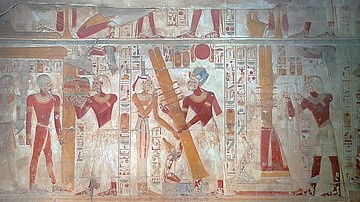
Article
The Forty-Two Judges
The Forty-Two Judges were divine entities associated with the afterlife in ancient Egypt and, specifically, the judgment of the soul in the Hall of Truth. The soul would recite the Negative Confession in their presence as well as other gods...
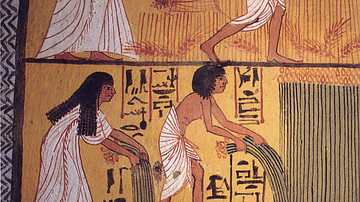
Definition
Field of Reeds (Aaru)
A'Aru (The Field of Reeds) was the Egyptian afterlife, an idealized vision of one's life on earth (also known as Sekhet-A'Aru and translated as The Field of Rushes). Death was not the end of life but a transition to another part of one's...
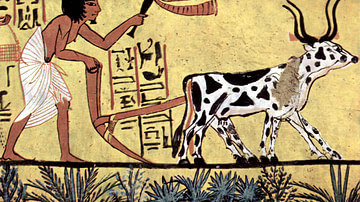
Article
Egyptian Afterlife - The Field of Reeds
The ancient Egyptians believed that life on earth was only one part of an eternal journey which ended, not in death, but in everlasting joy. When one's body failed, the soul did not die with it but continued on toward an afterlife where one...

Definition
Richard III of England
Richard III of England ruled as king from 1483 to 1485 CE. Richard succeeded Edward V of England (r. Apr-Jun 1483 CE), the son of Edward IV of England (r. 1461-1470 CE & 1471-1483 CE) in mysterious circumstances. The young Edward V and...

Definition
Battle of Bosworth
At the Battle of Bosworth (aka Bosworth Field) in Leicestershire on 22 August 1485 CE, the Yorkist king Richard III of England (r. 1483-1485 CE) faced an invading army led by Henry Tudor, the figurehead of the Lancastrians. It was to be a...
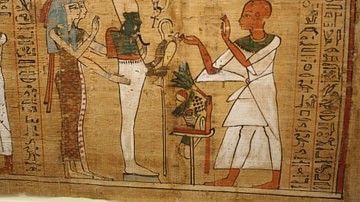
Definition
Egyptian Book of the Dead
The Egyptian Book of the Dead is a collection of spells which enable the soul of the deceased to navigate the afterlife. The famous title was given the work by western scholars; the actual title would translate as The Book of Coming Forth...
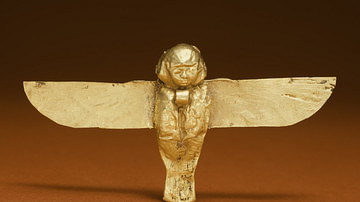
Definition
Ghosts in Ancient Egypt
A text known as The Lay of the Harper, dating from the Middle Kingdom (2040-1782 BCE) encourages its audience to make the most of the time because death is a certainty: Make a holiday! And do not tire of playing! For no one is allowed...
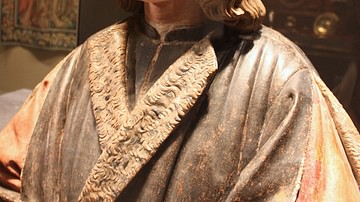
Definition
Henry VII of England
Henry VII of England ruled as king from 1485 to 1509 CE. Henry, representing the Lancaster cause during the Wars of the Roses (1455-1487 CE), defeated and killed his predecessor the Yorkist king Richard III of England (r. 1483-1485 CE) at...
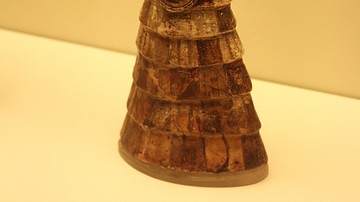
Definition
Egyptian Faience
Egyptian faience is a glassy substance manufactured expertly by the ancient Egyptians. The process was first developed in Mesopotamia, first at Ur and later at Babylon, with significant results but faience production reached its height of...
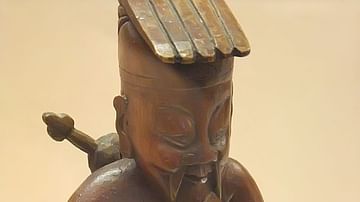
Image
Lu Dongbin
A wooden figurine of the Chinese scholar and philospher Lu Dongbin. He was elevated to immortal status by followers of Daoism. Lu Dongbin lived in the 9th century CE during the Tang Dynasty. (Field Museum, Chicago)